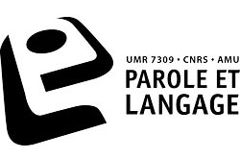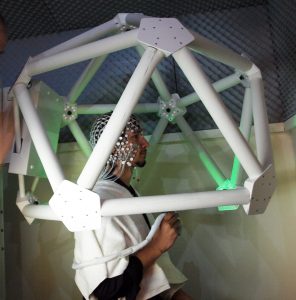Published in "Scientific Reports", the study was carried out using the LPL's EGI recording system..


A lire aussi
How do the brains of newborns and adults perceive speech sounds?
10 February 2026
par Claudia Pichon-Starke
Fidelia Ibekwe awarded Honorary Professor at University College London
04 February 2026
par Claudia Pichon-Starke
Vol. 42 (2026) of the journal Études Créoles now available!
30 January 2026
par Claudia Pichon-Starke
Learning new words after a stroke at birth
16 January 2026
par Claudia Pichon-Starke
Awardee of the ERC Starting Grant 2025, Olga Kepinska is honoured by the CNRS
09 January 2026
par Claudia Pichon-Starke
How do the brains of newborns and adults perceive speech sounds?
10 February 2026
par Claudia Pichon-Starke
Fidelia Ibekwe awarded Honorary Professor at University College London
04 February 2026
par Claudia Pichon-Starke
Vol. 42 (2026) of the journal Études Créoles now available!
30 January 2026
par Claudia Pichon-Starke
Learning new words after a stroke at birth
16 January 2026
par Claudia Pichon-Starke
Awardee of the ERC Starting Grant 2025, Olga Kepinska is honoured by the CNRS
09 January 2026
par Claudia Pichon-Starke









